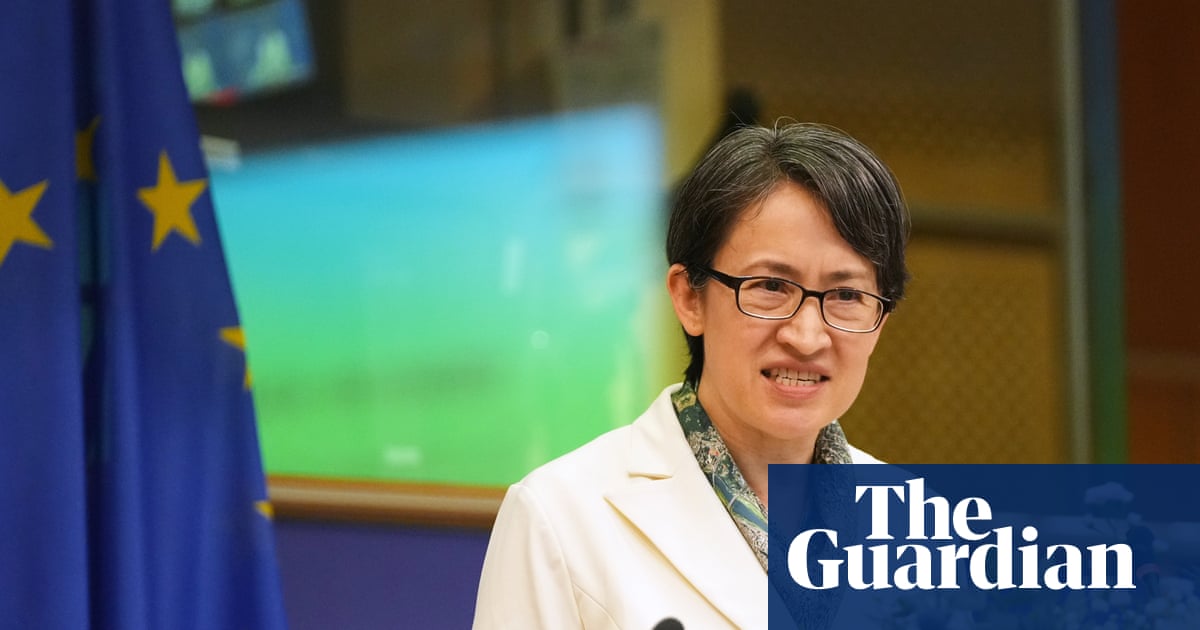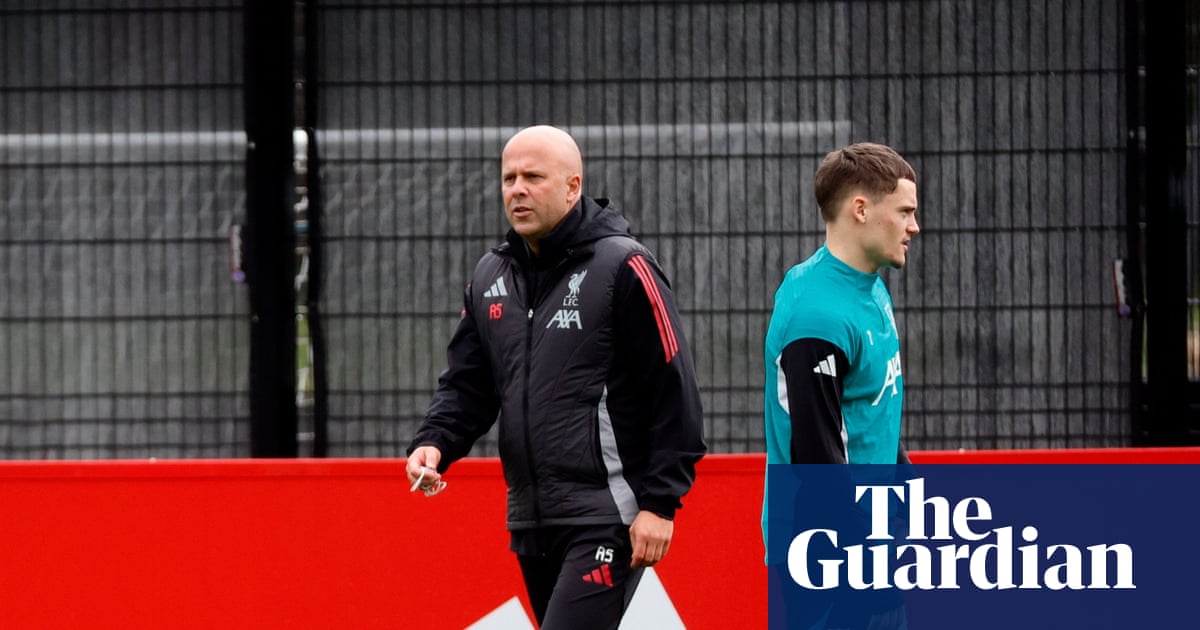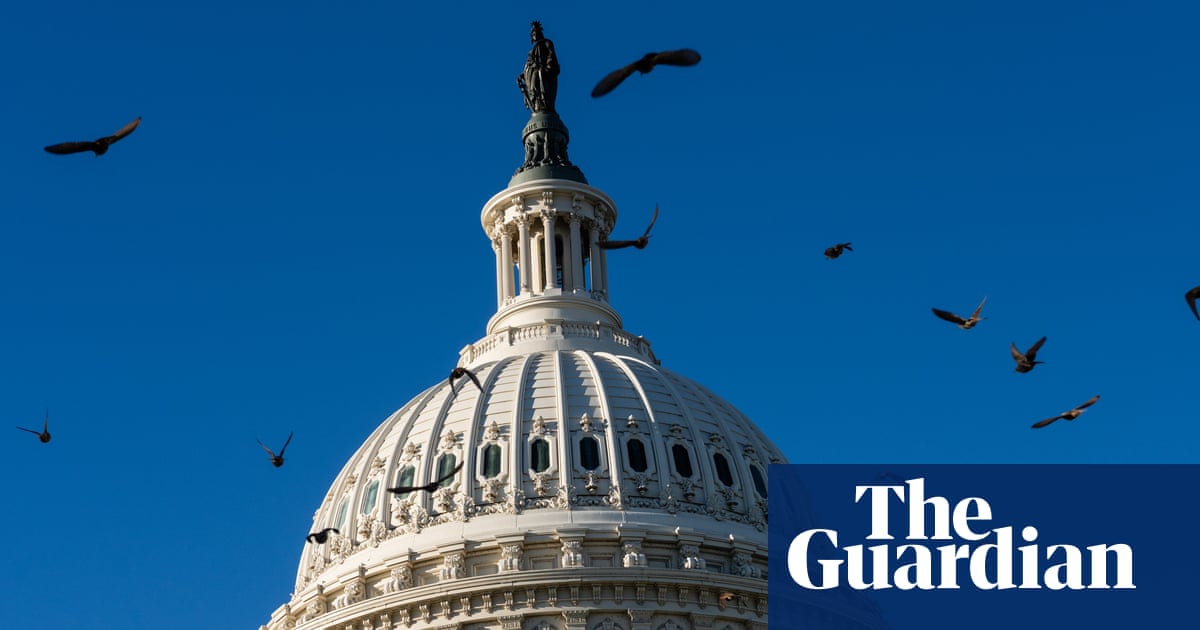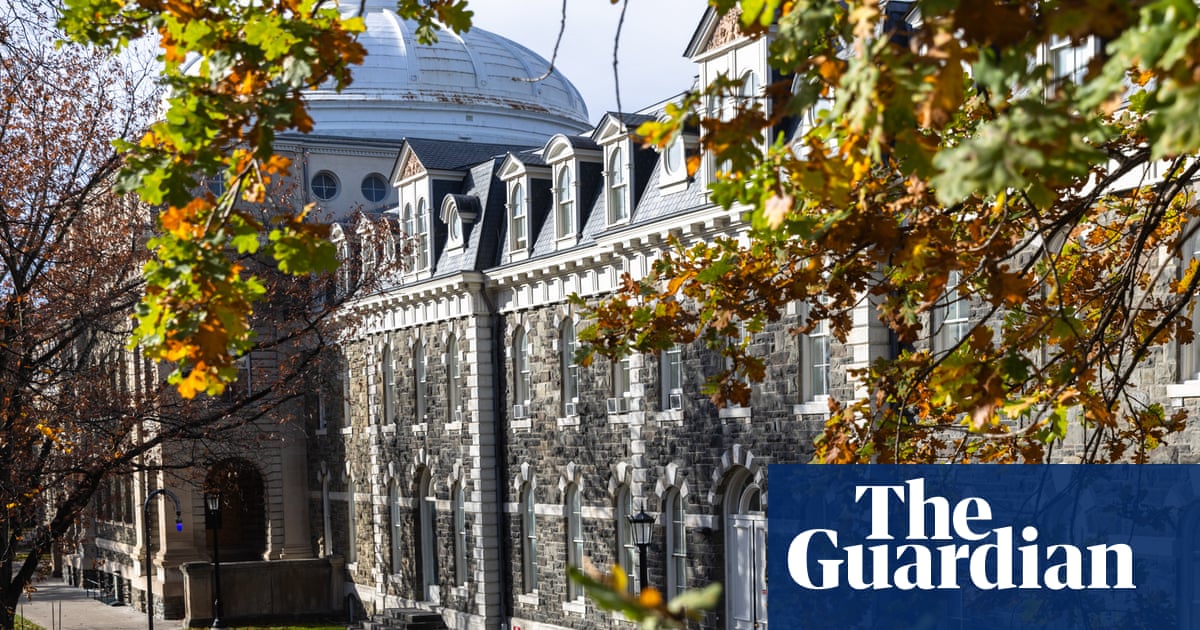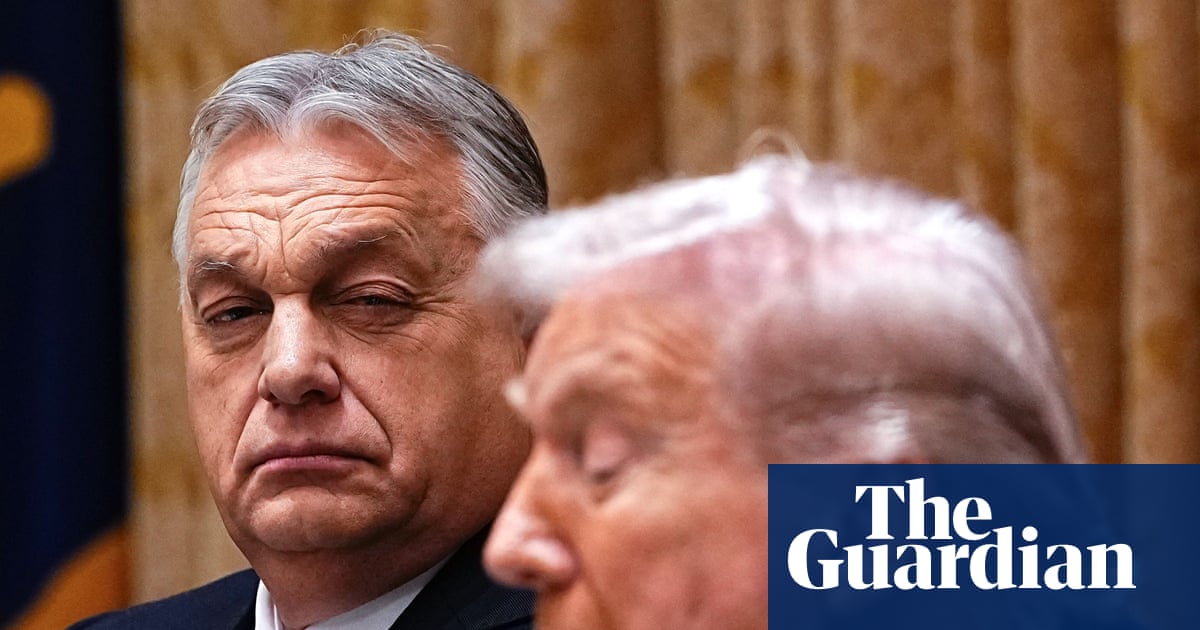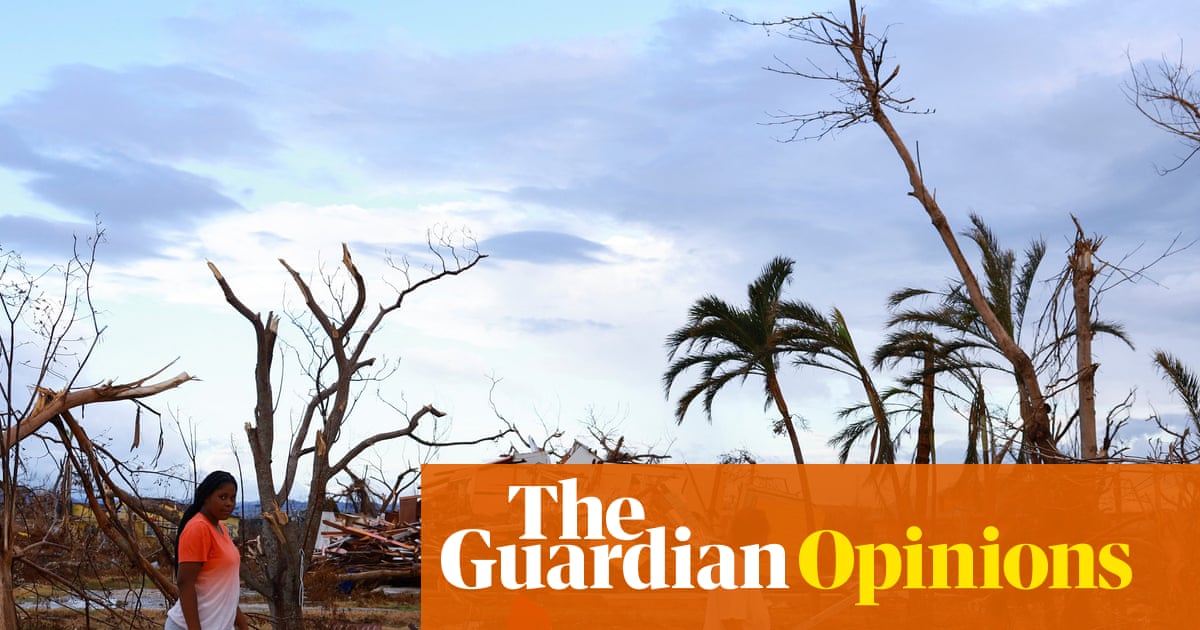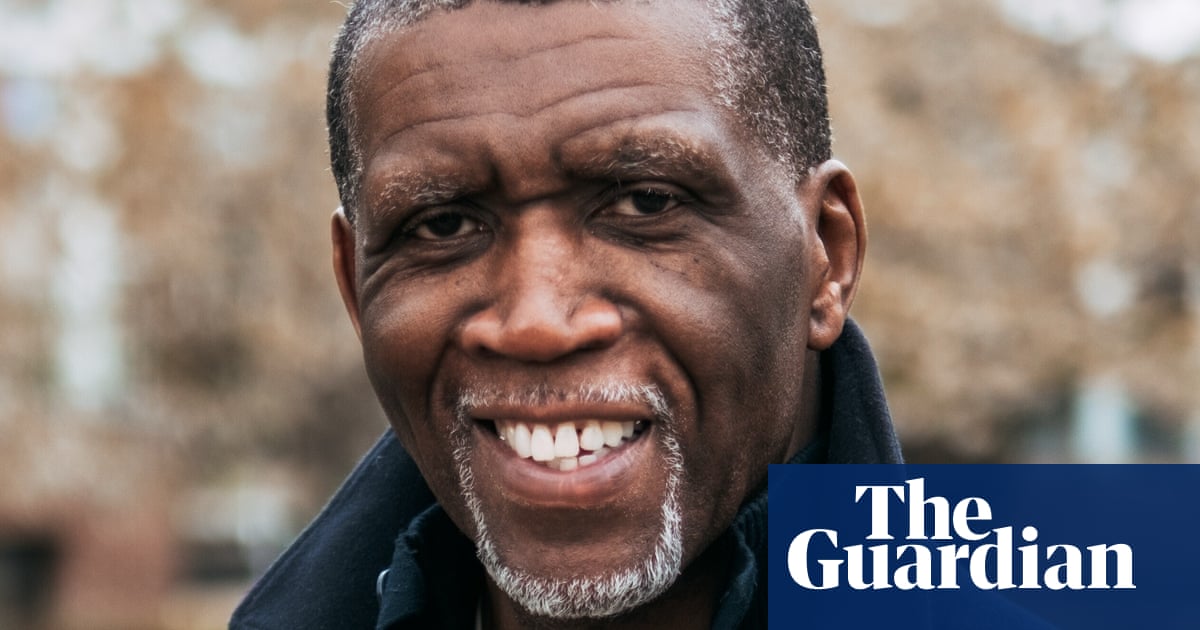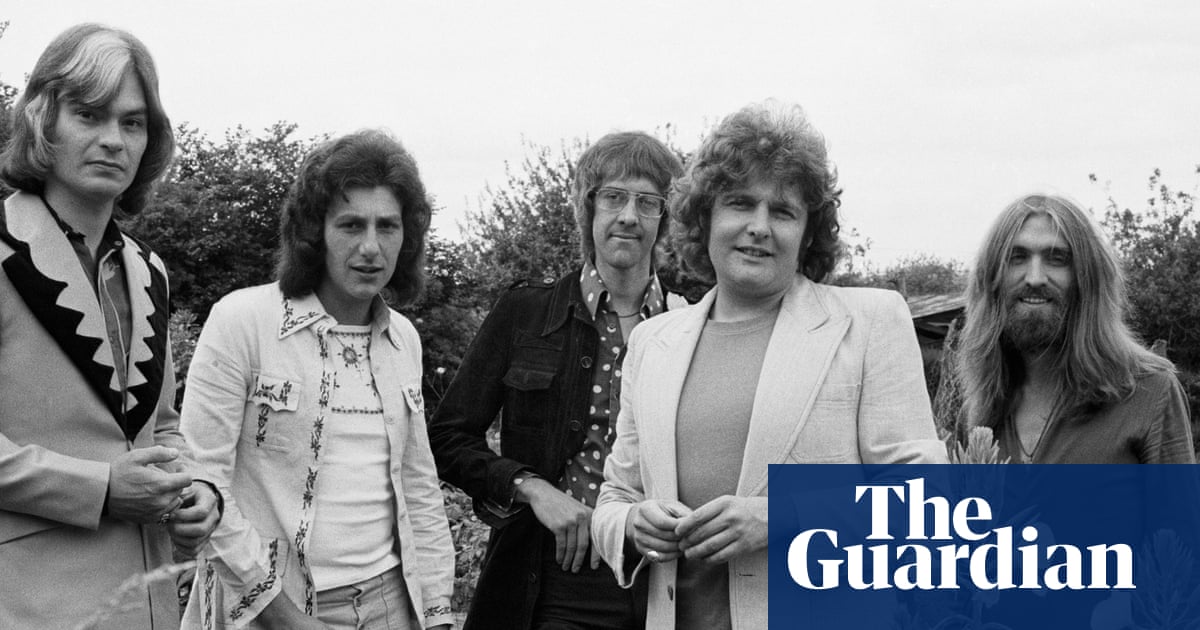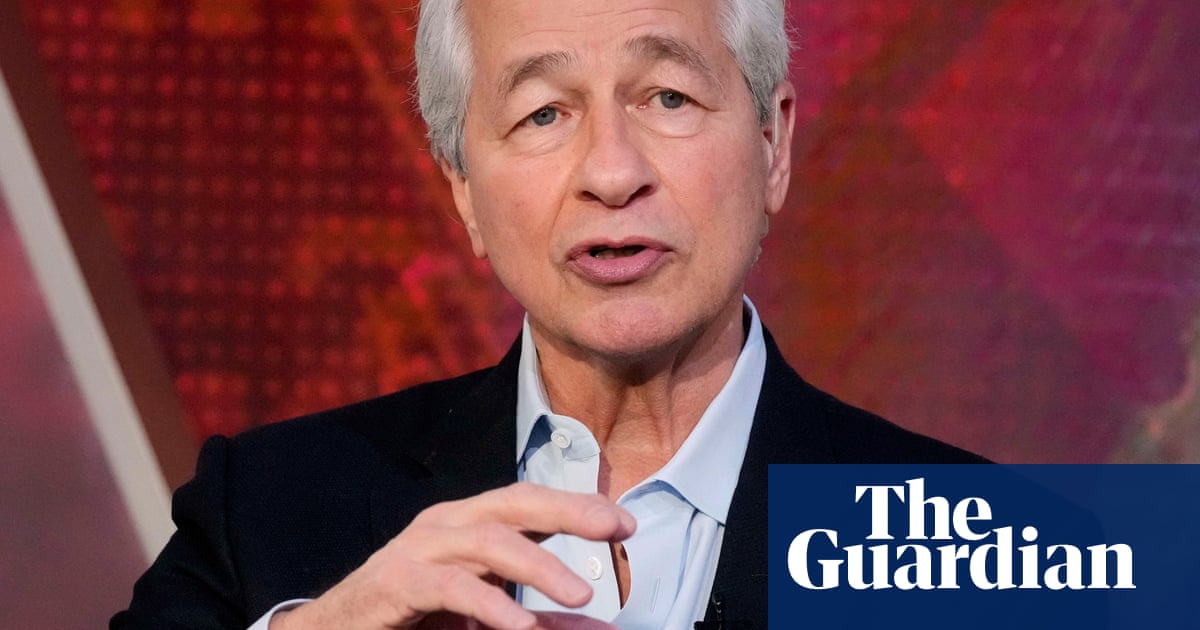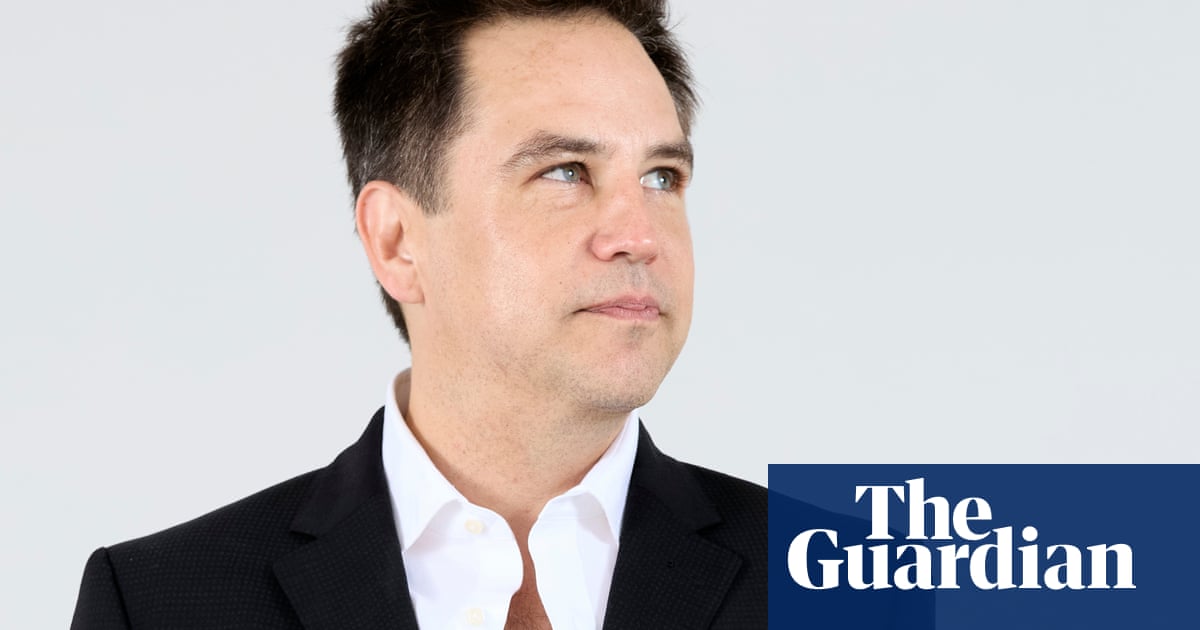The world is on the brink of a breakthrough in the climate fight and fossil fuels are running out of road, the UN chief said on Tuesday, as he urged countries to funnel support into low-carbon energy.
More than nine in 10 renewable power projects globally are now cheaper than fossil fuel alternatives. Solar power is about 41% cheaper than the lowest-cost fossil fuel alternative, and onshore wind generation is less than half the price of fossil fuels, according to a report from the International Renewable Energy Agency.
Costs have been driven down by the increasingly widespread use of the technologies, a huge focus on low-carbon manufacturing in China, and burgeoning investment in the sector, reaching $2tn last year – which was $800bn more than went into fossil fuels, and an increase of 70% in the last decade.
The UN secretary general, António Guterres, said: “We are on the cusp of a new era. Fossil fuels are running out of road. The sun is rising on a clean energy age.”
Guterres said countries seeking energy security against geopolitical threats and lower costs for consumers amid a global cost-of-living crisis must choose renewables. “The greatest threat to energy security today is fossil fuels. They leave economies and people at the mercy of price shocks, supply disruptions and geopolitical turmoil,” he said. “There are no price spikes for sunlight. No embargos on wind.”
Energy demand is still rising, however, driven by the demand for cooling as temperatures rise beyond bearable levels in many countries, and by the soaring demand for power for IT datacentres, including for AI. If even a proportion of this increase is devoted to fossil fuels it will become impossible to limit global temperature rises to 1.5C above preindustrial levels, as countries have vowed to do.
The secretary general called on big technology companies to commit to sourcing 100% of their electricity demands from low-carbon generation by 2030.
Nearly every country is now obliged to come up with a new national plan on greenhouse gas emissions under the 2015 Paris climate agreement. Guterres said it made economic sense for countries to use those plans, due in September, to funnel support into low-carbon energy, and reduce the billions in subsidies that still go to fossil fuels.
“This transformation is fundamentally about energy security and people’s security. It’s about smart economics,” he said in a speech in New York, which was delayed from last month by Israel’s attack on Iran. “We have passed the point of no return [to fossil fuels].”
Francesco La Camera, the director general of Irena, said: “The cost-competitiveness of renewables is today’s reality. New renewable power outcompetes fossil fuels on cost, offering a clear path to affordable, secure and sustainable energy.”
Fossil fuel interests are still strong in many countries. In the US, incentives for clean power have been cut by Donald Trump, who is seeking to boost coal, gas and oil. In China, new coal-fired power stations are still being planned, despite the country’s strong showing on renewables, and in March, India’s prime minister, Narendra Modi, celebrated the country’s billionth tonne of coal production.
La Camera said: “Progress [on renewables] is not guaranteed. Rising geopolitical tensions, trade tariffs, and material supply constraints threaten to slow the momentum and drive up costs.”
after newsletter promotion
There are concerns over the supplies of the critical minerals needed for renewable energy components, and infrastructure is also an issue, according to the report by Irena published on Tuesday and a separate report published by the UN at the same time. Although renewable generation is increasing rapidly around the world, investments in electricity grids are failing to keep up. For every $1 invested in generation, only about 60 cents is invested in national grids. For the energy transition needed, the investments need to be roughly at parity.
Guterres’s speech marked a change in tone for the UN secretary general, who has raised the alarm in increasingly stark terms over the climate crisis in recent years. He warned in the Guardian in 2022 that the world would be “doomed” if climate talks failed; in 2023 he said “the era of global boiling” had arrived; last year he called fossil fuel companies “the godfathers of climate chaos”.
This fresh intervention takes a notably more upbeat tone, focusing on the economic benefits of a shift to clean energy.
Bill Hare, chief executive of the Climate Analytics thinktank, said investors and governments should take note: “Any investment in new fossil fuels now is a fool’s gamble, while joining the race to renewables can only bring benefits – not just jobs and cheaper energy at stable prices, but energy independence and access where it’s needed most. Developing regions like Africa have huge energy access needs, and even bigger renewable resources. What they need now is international finance to share in the renewables revolution.”
Kaysie Brown, associate director at the E3G thinktank, called for countries to bring forward strong national climate plans before the UN’s Cop30 summit in Brazil this November. “The world now has both the technical solutions and the economic imperative to accelerate the clean energy transition – a transition essential for global stability and shared prosperity,” she said. “But unlocking this opportunity demands bold leadership and deeper cooperation.”

.png) 3 months ago
41
3 months ago
41
